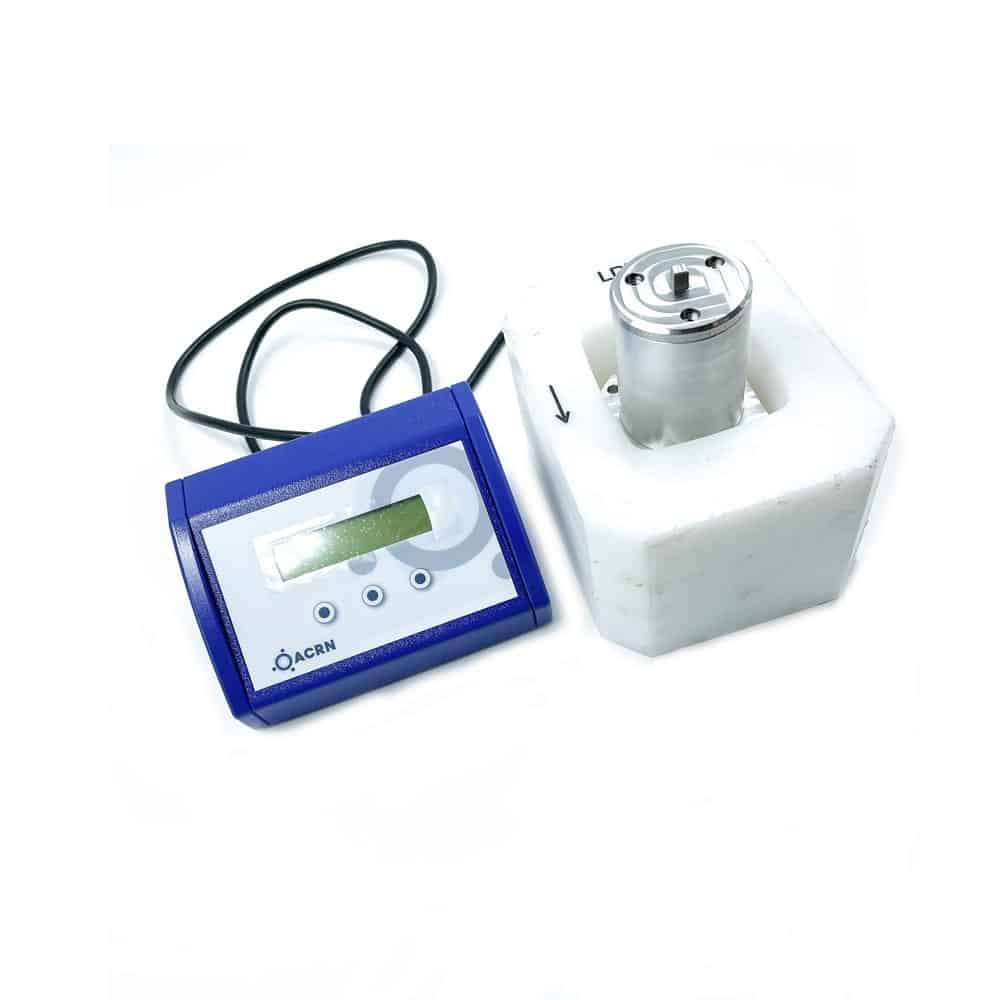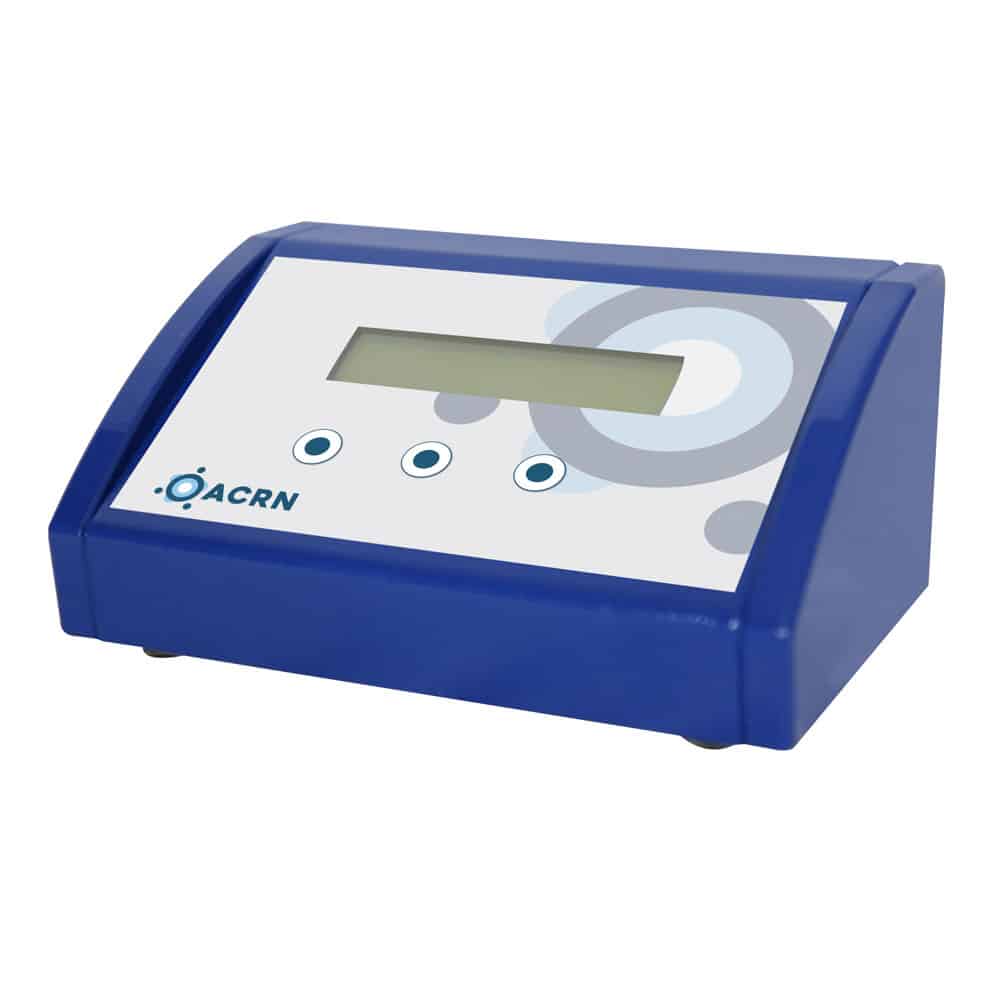Sensors and instrumentation
Discover our complete range of precision torque control and force measurement instruments, specially designed to meet the most demanding industrial requirements.
- High precision
- Custom solutions
- Reliability
Our Expertise in Torque Measurement
We offer a complete range of industrial instruments dedicated to torque measurement, force transducers and associated controls, meeting all your industrial needs. Our solutions offer precision, reliability and ease of use, ensuring accurate, repeatable measurements in all your manufacturing and quality control processes.
Measuring mechanical torque and forces is essential in the manufacture of many products. Whether for quality control, safety or regulatory compliance, our equipment ensures consistent, accurate results in all your industrial applications.
When you choose our instruments, you’re opting for reliable, robust and easy-to-handle solutions, suitable for both the laboratory and intensive use in production. Improve your industrial performance by guaranteeing optimum quality, safety and ultimate customer satisfaction with our precise, high-performance measurement tools.

Force sensor
Key features
- 5High-precision measurement
- 5Wide choice of sensors
- 5Easy integration

Torque control
Key features
- 5Clamping/unclamping accuracy
- 5Equipment compatibility
- 5Tailor-made solutions

Measurement and acquisition console
Key features
- 5Instant display
- 5Storage & exportation
- 5Sensor compatibility
Main business sectors



WARNING
These are our main areas of expertise, but our solutions can be adapted to many other industrial sectors. Please contact us to discuss your specific requirements, whatever your industry.
Need more information?
Our experts are on hand to answer your questions and help you choose the right solution for your needs.
